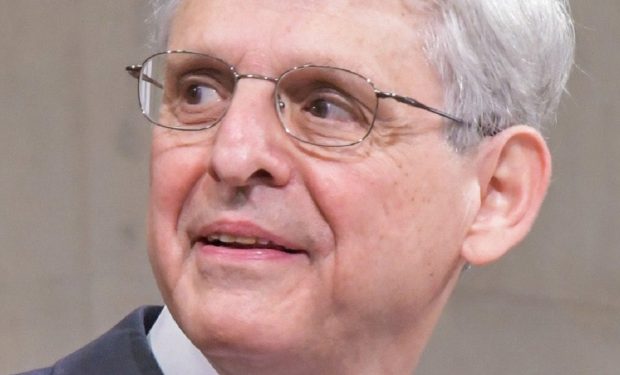A Politico report revealing behind-the-scenes details of the Department of Justice’s work in preparing its election subversion case against former President Donald Trump contains this keynote sentence:
“Despite Trump’s repeated claims that prosecutors timed the criminal charges against him to coincide with his bid to retake the White House, the underlying documents show that the Justice Department fought extensive battles throughout 2022 to access crucial information to support a criminal case.”
This revelation works to derail the MAGA narrative that the timing of the case is a result of pure political gamesmanship by the DOJ on behalf of a Democratic administration, meant to curtail Trump’s ability to campaign. (That narrative already had the problem of few in 2021 believing Trump would command such a strong GOP lead at this juncture, and also the fact that if a trial had come earlier, so might have justice — including possible punishment — for the defendant.)
One person who expressed special gratitude for the new report’s revelations about the timing on the Trump case is former DOJ Head of Public Affairs Anthony Cole, who held the unenviable, Kafkaesque job of trying to make the public understand and trust things that he was at the same time not permitted to tell the public about.
The takeaway: Much of DOJ’s investigative work takes place out of the public eye. DOJ speaks through its filings. And just because the public doesn’t see action/movement on a matter, that doesn’t mean nothing is happening. End
— Anthony Coley (@AnthonyColey) December 19, 2023
“My great frustration running comms at DOJ is that I couldn’t always correct the record on things that were factually wrong – matters related to grand juries, for instance,” Cole said in a multipart tweet commenting on the Politico story.
🧵 on now-debunked narrative that Garland's DOJ wasted 2022…
— Anthony Coley (@AnthonyColey) December 19, 2023
My great frustration running comms at DOJ is that I couldn’t always correct the record on things that were factually wrong – matters related to grand juries, for instance. 1/
Cole got specific about the dilemma of the situation, writing: “to my friends in the twitterverse: it’s further proof that we can’t always believe public reporting…”
The admission underscores that public reporting is working with a known blind spot, but one which can only be illuminated at the risk of compromising cases and ongoing investigations.
It creates an inevitably challenging situation where the prosecution — which must hold its cards close to the vest — is forced to rely on a public trust that is being eroded and maligned by the other side, which portrays all secrecy as nefarious.
As a result, DOJ essentially must say “trust us” and, at best, assert that it is acting ethically — even while it can’t be utterly transparent about its work, because of operating procedures in place to protect investigations.
The takeaway: Much of DOJ’s investigative work takes place out of the public eye. DOJ speaks through its filings. And just because the public doesn’t see action/movement on a matter, that doesn’t mean nothing is happening. End
— Anthony Coley (@AnthonyColey) December 19, 2023
